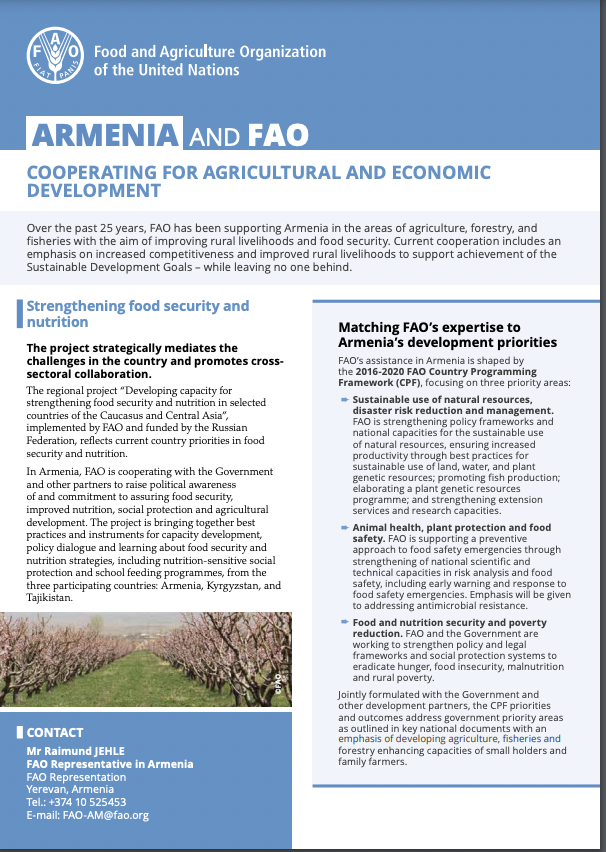Brazil and FAO
As a founding member of FAO, over the past 70 years Brazil has partnered with FAO to eradicate hunger, food insecurity and malnutrition and to improve rural livelihoods. Brazil is a leading partner in FAO´s South-South Cooperation Programme and plays an increasingly important role in the field of emergencies, where it is expected to become a key supporter of FAO’s efforts build resilient livelihoods in the face of threats and crises.

